Research Projects
Project Description
Researchers from different academic disciplines (Creative Writing, Education, Sociology) worked with secondary school pupils in South East London on an interdisciplinary research project.
The project's aim was for students to suggest ideas that could improve their local school park using novel creative research methodologies such as film, creative writing, and surveys developed by the students and researchers.
Students presented their research as a short film to the local council at an advocacy day and also presented their work at a local festival in Lewisham. The council were extremely impressed with the research, which resulted in park improvements and the initiation of gardening and litter groups.
A toolkit was developed so that other schools could carry out similar research. Learn more here.
My Role
I led the 360 filming group, where students created narratives about litter in the park. We explored different animal perspectives, student experiences, and creative film techniques.
I taught the students how to use a 360 camera, edit footage, and co-develop surveys to measure park experiences.
Funding
Funded by Goldsmiths Strategic Funding and SHAPE in partnership with the British Academy.
Publication: Currently in pre-print and will be available soon.
Gallery
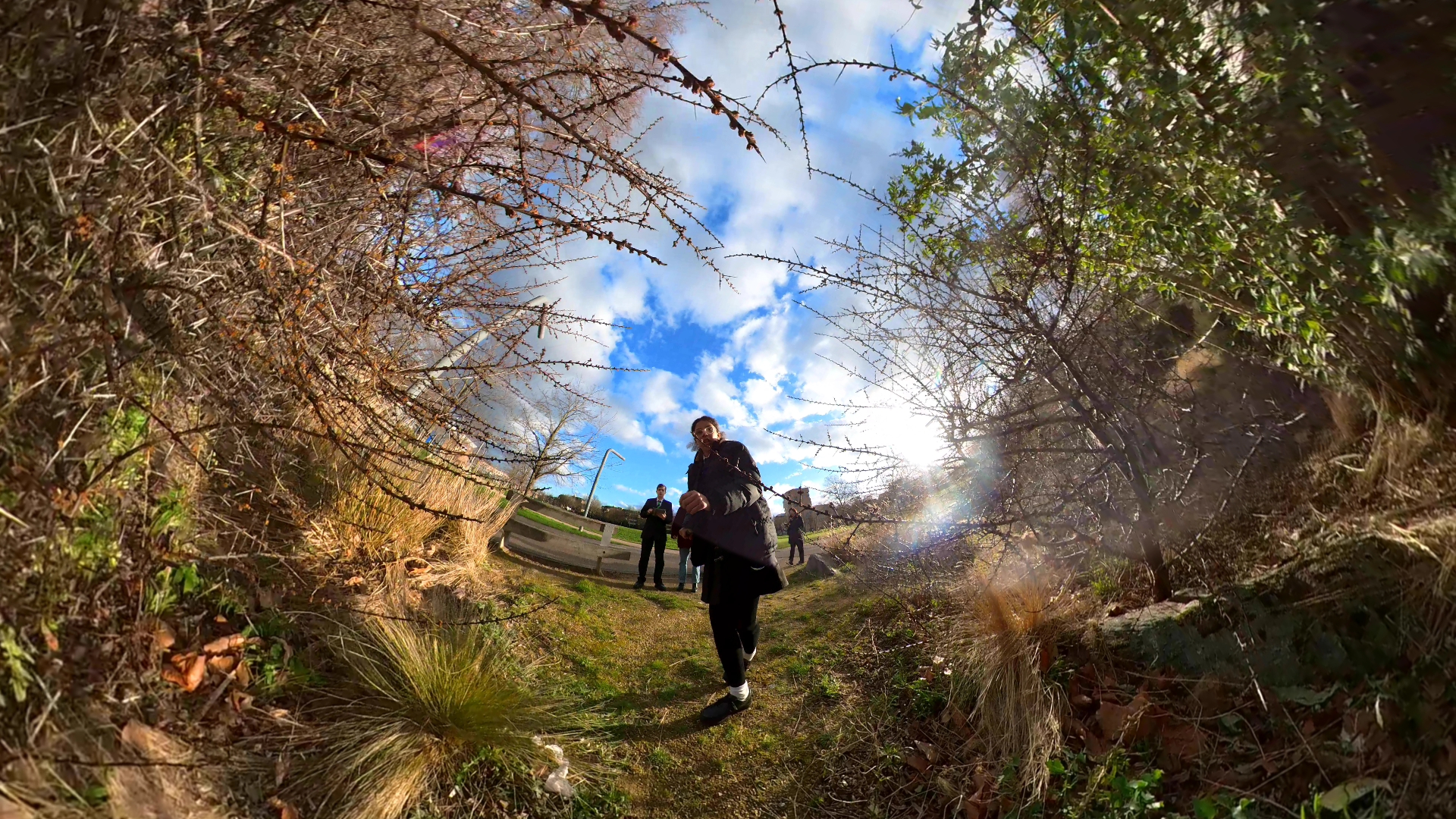
"Through the Trees"
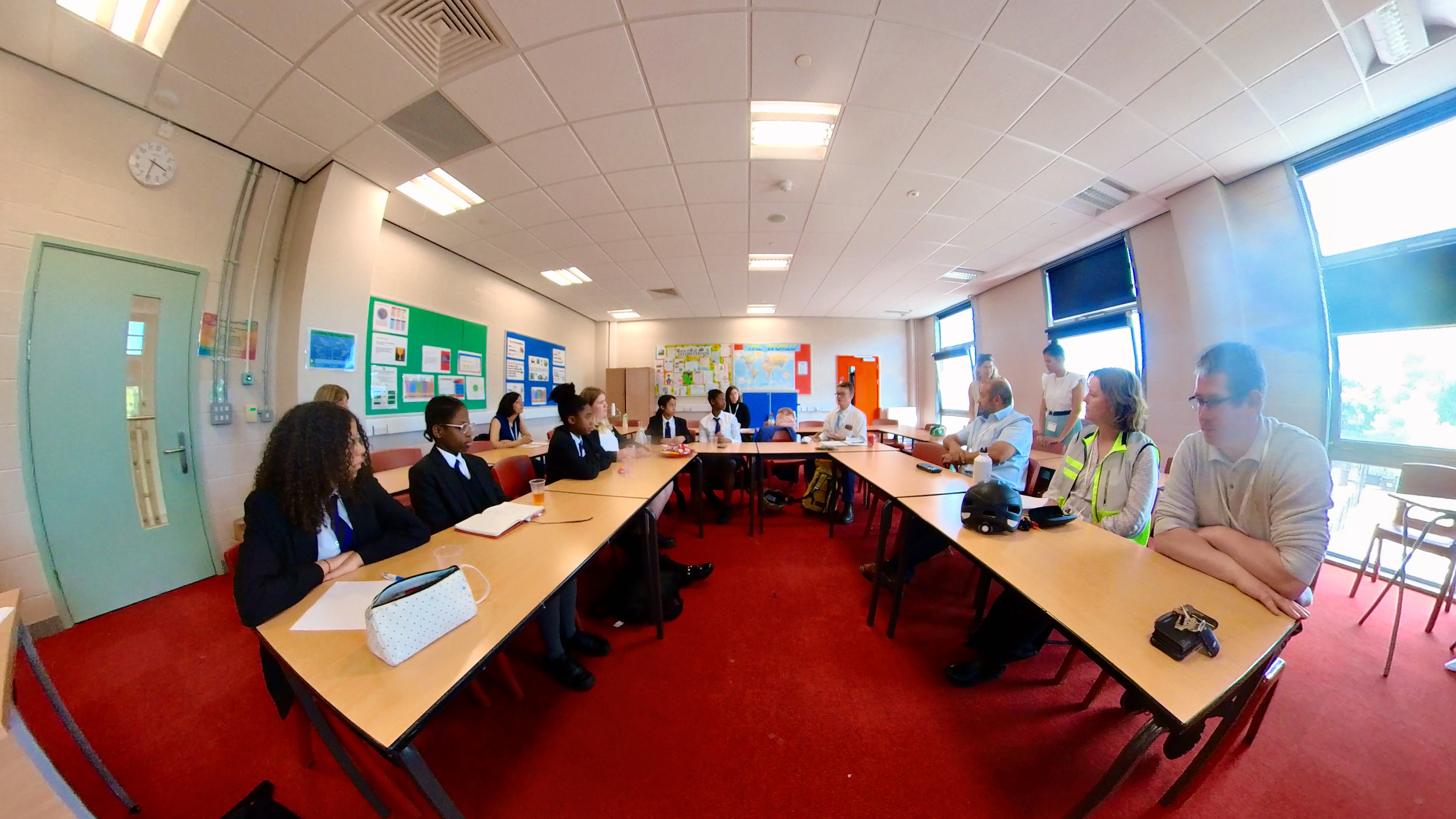
"Boardroom"
Co-curated film shown to council
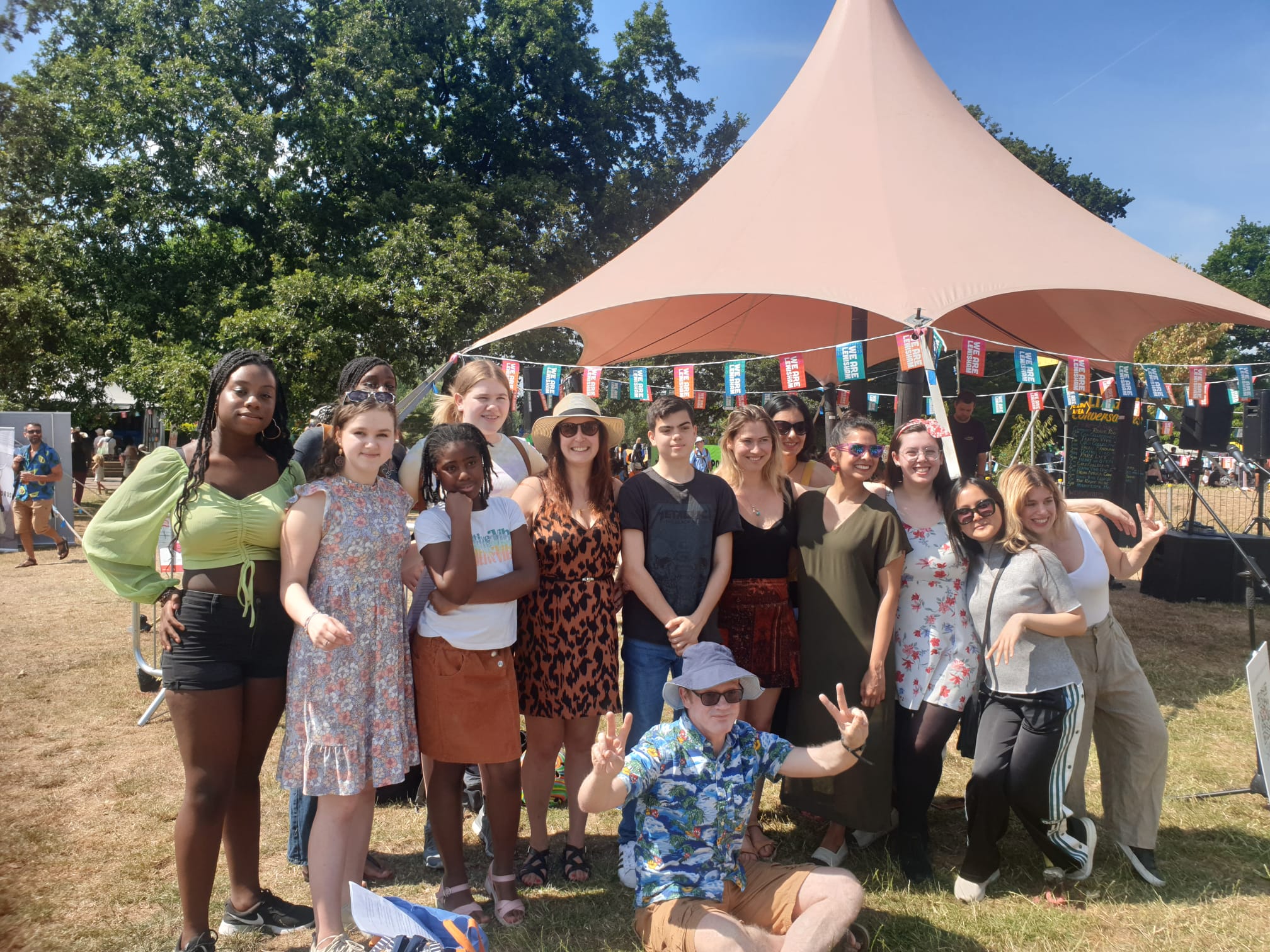
Presenting Parklife at Lewisham People's Day
Project Description
This project was part of my Master’s study, using 360° and 3D cameras to capture natural and urban environments. Originally designed for VR headsets, participants instead viewed these during COVID-19 remotely on their computer screens.The goal was to examine how different digital environments affect mood and restoration.
We found blue and green spaces significantly enhanced positive mood and restoration compared to urban ones.
We found people’s personal preferences for certain environments meant they recieved increased restoration if the video they watched aligned with their preference.
This addressed a gap in literature, which often focused only on green and urban spaces, with little on blue spaces and individual differences.
My Role
I designed the study, developed assessments, carried out analysis, and wrote reports. Filmed and created 360/3D content to be viewed on a headset. This project inspired my continued work with immersive video and film.
Funding
Funded by i2 media in conjunction with TinMan. I was initially contracted as a freelance researcher and later joined the team as an employee.
Publication: One paper under review; another in pre-submission.
Gallery
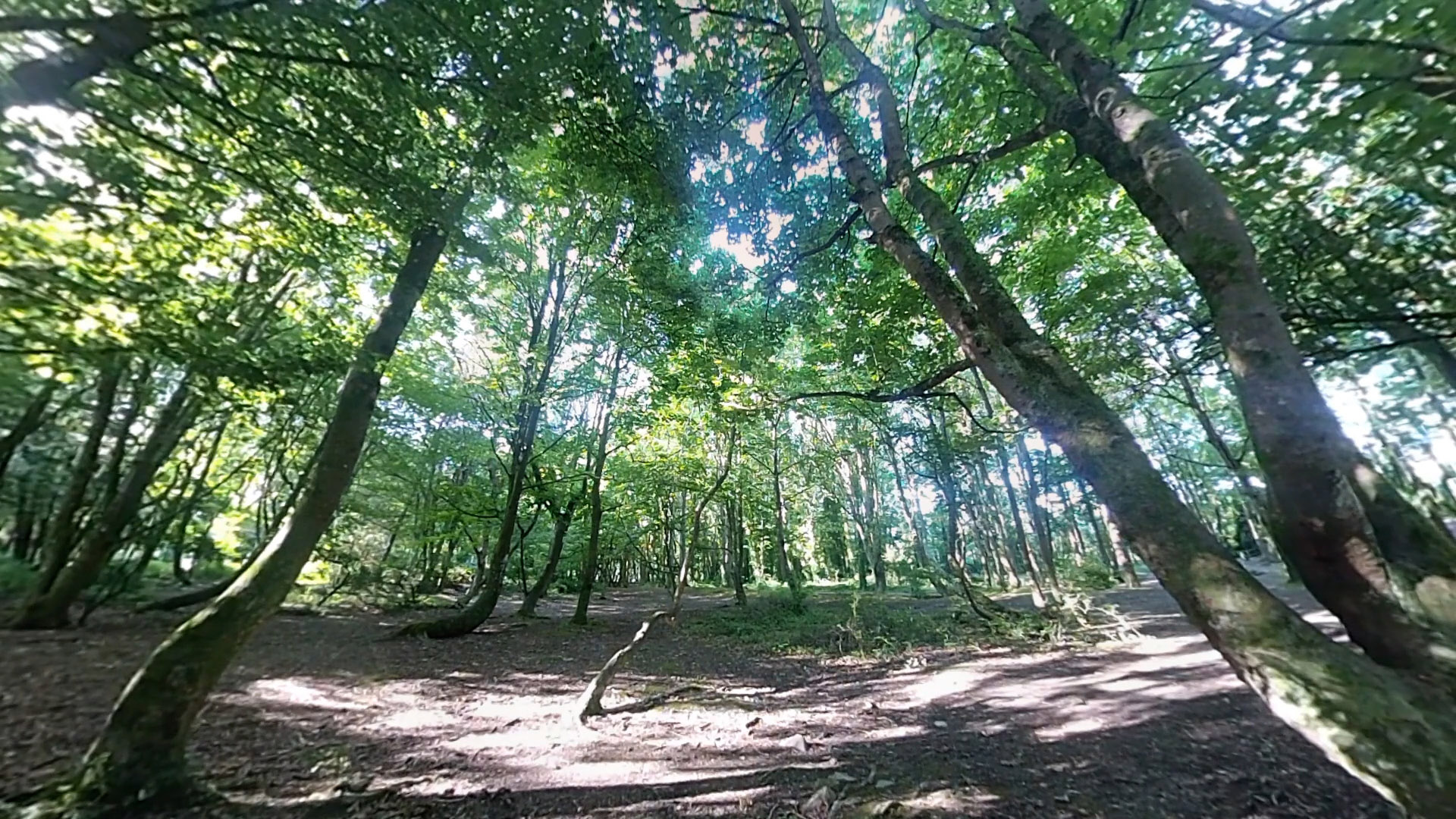
Green space used as stimuli

Blue space used as stimuli
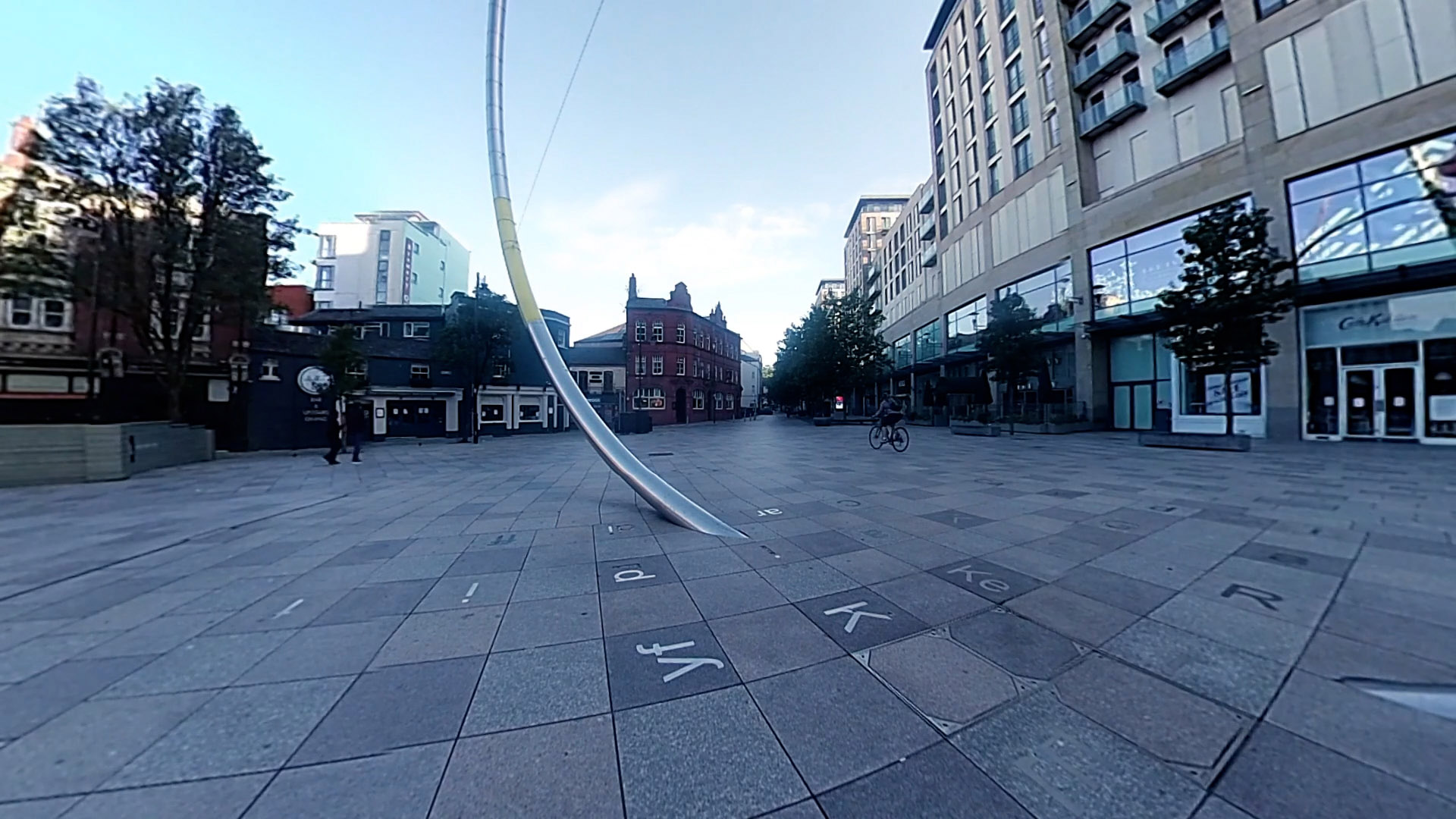
Urban space used as stimuli